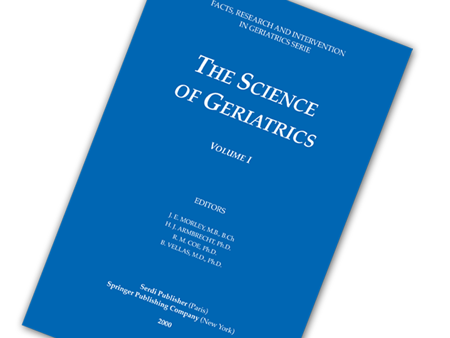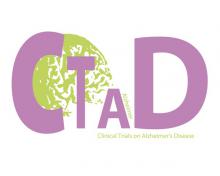Cognitive interventions have the potential to enhance cognition among healthy older adults. However, little is known of the factors associated with the joining and participating of older people in group-based multicomponent cognitive training (CT). Objectives: To explore factors that contribute to joining and regularly practicing CT over 1 year among healthy older adults. Design: A qualitative study. Setting: Geriatric clinic in Bangkok, Thailand. PARTICIPANTS: 40 nondemented community-dwelling older adults Intervention: The CT of executive functions, attention, memory and visuospatial functions (TEAM-V) program was conducted over 5 sessions, with a 2-week interval between each session. Measurements: An inductive qualitative approach, based on semi-structure interviews with 40 healthy older adults, was employed. The interviews explored factors of joining CT at baseline, factors of regularly participating in class at 6 months and at home at 1 year. Data were coded and analyzed using and the thematic analysis approach. Results: After analyzing factors concerning joining CT, 3 core themes emerged: (1) individual characteristics with 3 subthemes of “health status”, “time arrangement”, and “financial status”; (2) individual perceptions with 2 subthemes of “perceived susceptibility to dementia” and “perceived severity of dementia” and (3) encouragement from families and friends. After analyzing factors of practicing CT in class, 3 core themes emerged: (1) program with 3 subthemes of “session”, “group facilitators” and “notification before class”; (2) accessibility with 2 subthemes of “distance” and “transportation” and (3) encouragement from families and friends. After analyzing factors of practicing CT at home, 2 core themes emerged: (1) contents of the training program and (2) encouragement from families and friends. Conclusions: Increased awareness of holistic factors including older adults’ characteristic and perceptions, support from families and friends and accessibility should be emphasized in planning CT. Designing the content of CT that could be applied or adapted in daily living and effective program components such as a notification system could increase practicing.
(1) P. Srisuwan, D. Nakawiro, S. Chansirikarnjana, O. Kuha, S. Kengpanich, K. Gesakomol J Prev Alz Dis 2020;2(7):75-81



